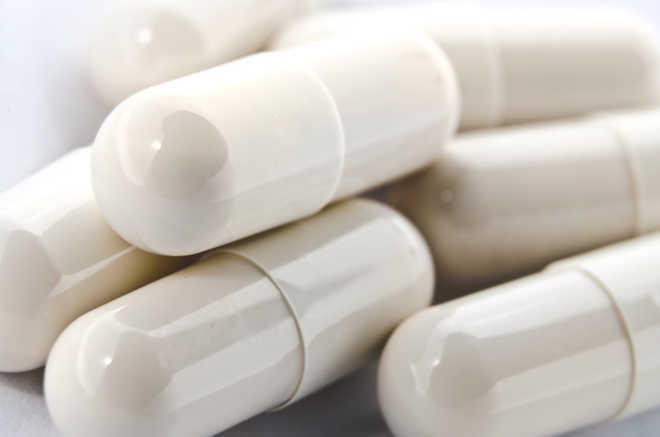London: Vitamin D, commonly known as the “sunshine vitamin”, can combat tuberculosis (TB) bacteria found in the lungs of people with multi-drug resistant TB, according to latest research.
The study showed that when added to antibiotic treatment, vitamin D was found to treat TB specifically in patients with multi-drug resistant (MDR) TB.
The vitamin D supplementation was also found to be safe at the doses administered, with no links to serious adverse events, findings further revealed in the European Respiratory Journal.
“Multi-drug resistant TB is on the rise globally. It’s notoriously difficult to treat, and it carries a much worse prognosis than standard TB,” said Lead Researcher Adrian Martineau, Professor from Queen Mary University of London.
“Our study raises the possibility that vitamin D — which is very safe and inexpensive — could benefit this hard-to-treat group of patients by taking a novel approach to their treatment,” said Martineau.
The immune system could be given a boost by adding vitamin D to antibiotic treatment to help the body clear TB bugs, rather than relying on antibiotics on their own to kill the bacteria directly, the study suggested.
While vitamin D is best known for its effects on bone health, previous studies have shown its role in protecting against colds, flu, asthma attacks, and that it can also protect chronic obstructive pulmonary disease (COPD) patients from deadly lung attacks.
MDR TB is caused by bacteria that are resistant to treatment with at least two of the most powerful first-line anti-TB drugs, causing around 500,000 cases and 150,000 deaths per year worldwide, the study noted.
For the study, researchers included 1,850 patients who received antibiotic treatment.
IANS






